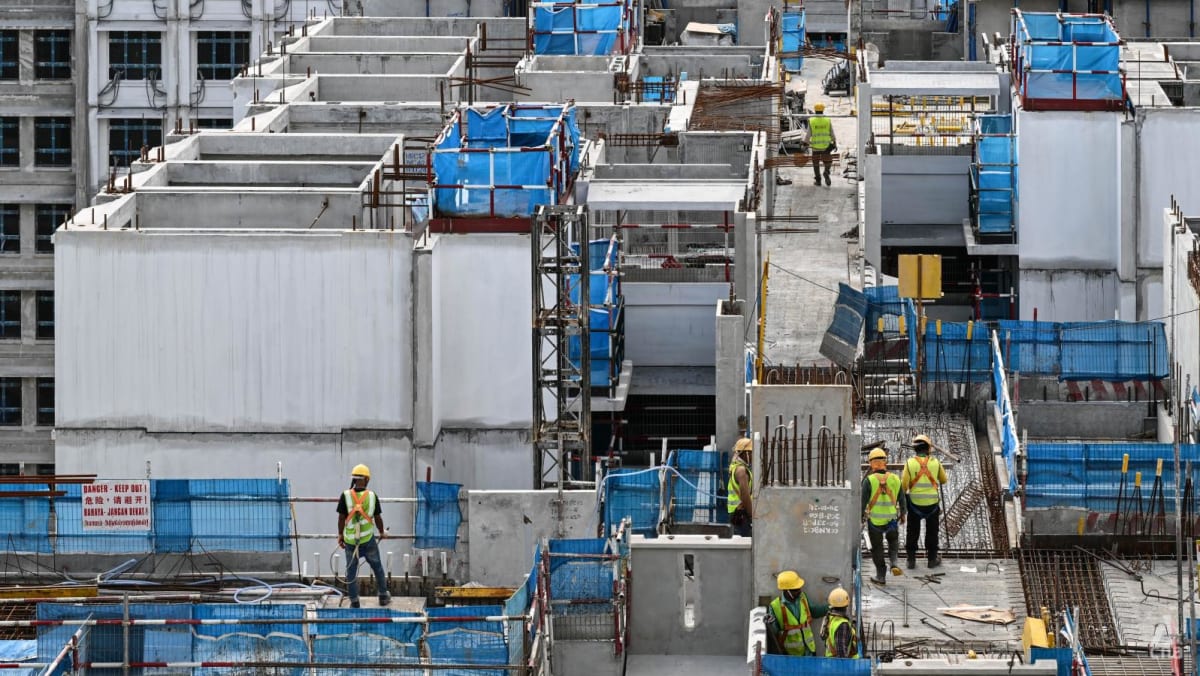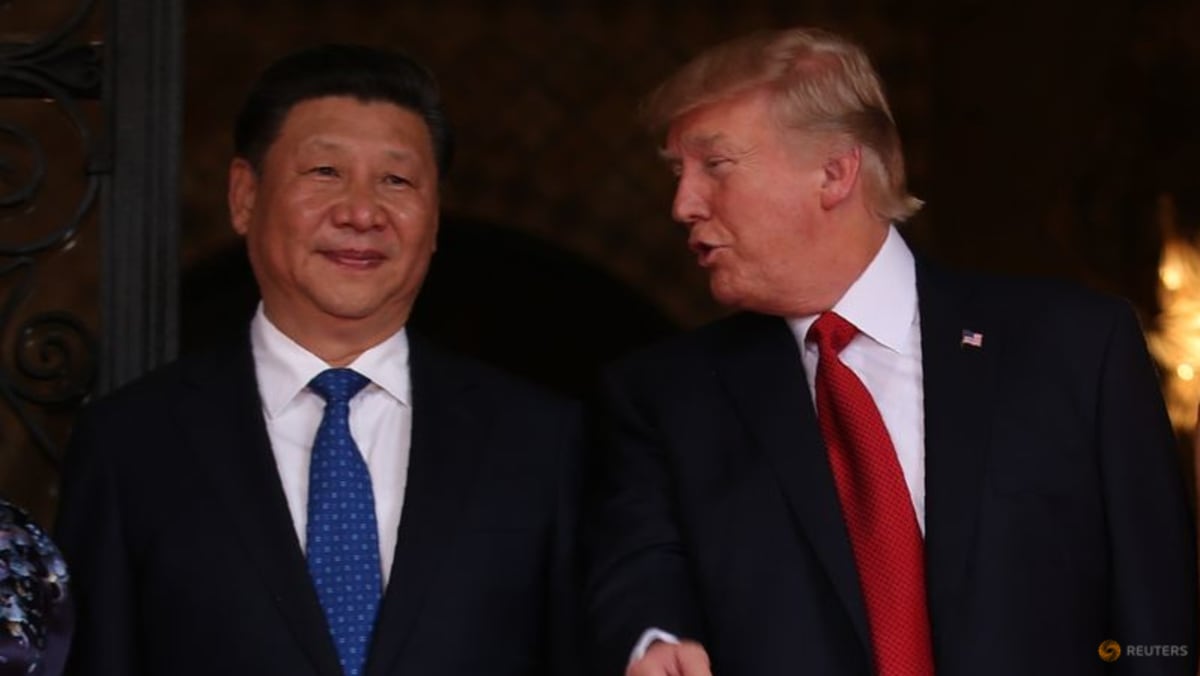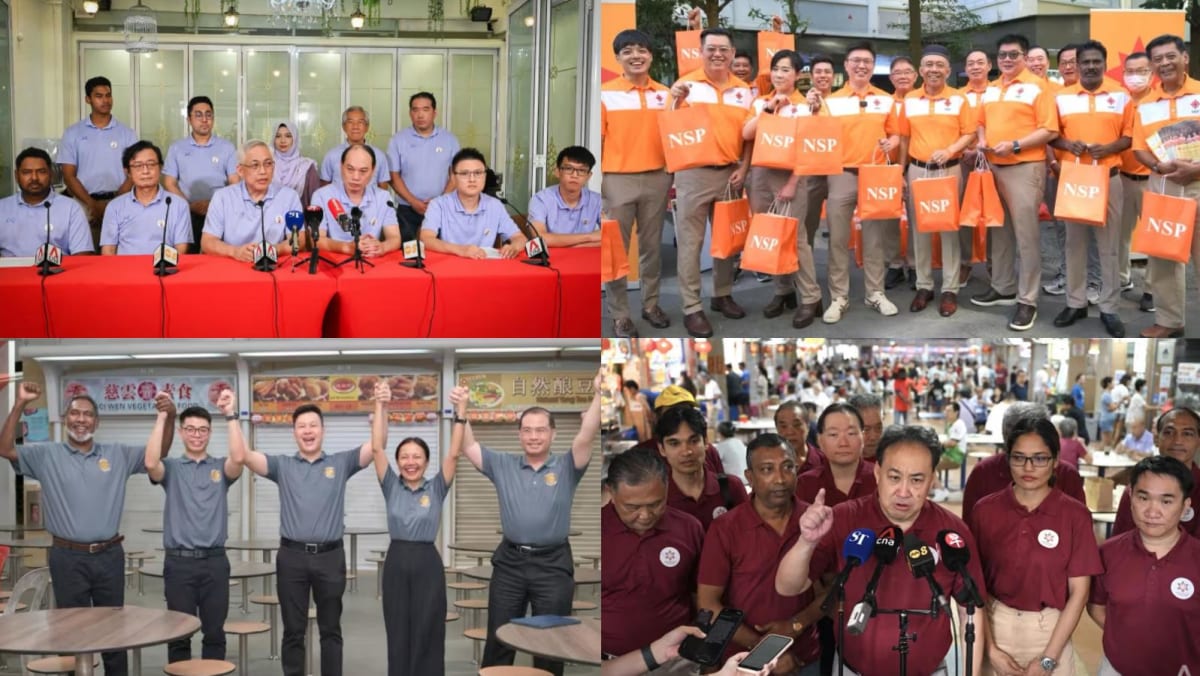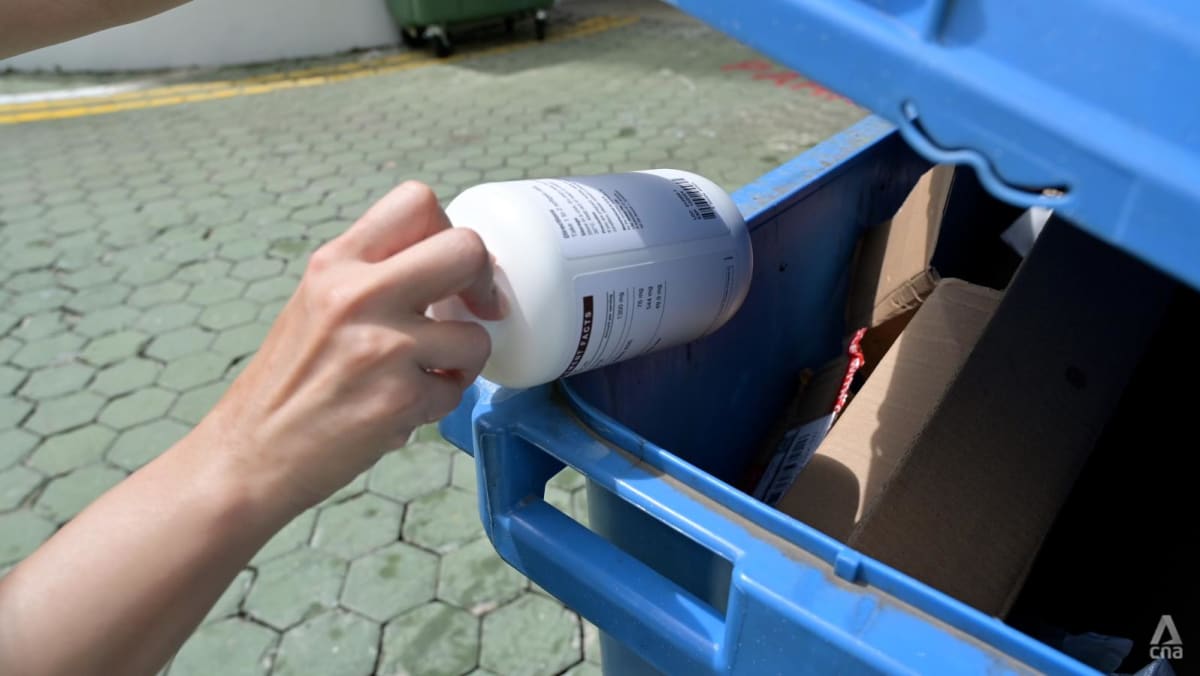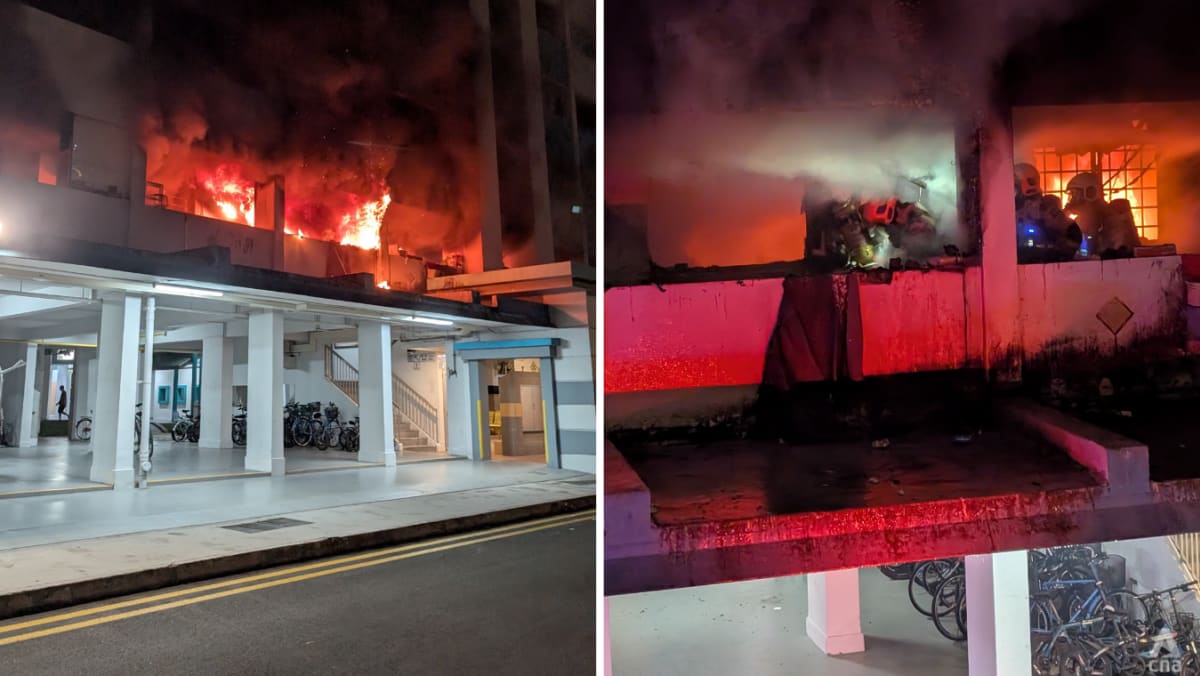HOW TO GAIN RELEVANCE
Smaller opposition parties face “significant challenges for their future” because they will struggle to attract new candidates and resources, said Dr Rebecca Grace Tan, a lecturer with NUS’ political science department.
Voters also want to vote for a party that can gain office and implement the changes that they want to see, she noted, adding that the recent results will work against these smaller, low-performing parties.
To build relevance and make more of an impact, parties will need to do two things – demonstrate that they are distinct from other parties in terms of positive policy stances, and make sure those stances are aligned with voter preferences, said Dr Tan.
“Simply being different isn’t enough if it simply goes against public sentiment,” she added.
Consolidating resources among the smaller parties will “serve them well”, said Mr Malminderjit Singh, managing director of political consultancy Terra Corporate Affairs.
This will also help with succession planning issues, which larger parties like the Progress Singapore Party and Singapore Democratic Party may also have to look at, he added.
“Besides attracting talent and consolidation, these parties need to stay the course and walk the ground between elections and not just turn up when it is General Election time,” said Mr Singh, adding that Singapore voters are increasingly discerning and will assess candidates’ presence throughout the five years between elections.
On newer parties that contested this election, experts noted Red Dot United (RDU) fielded the second-largest opposition slate, which contributed to a higher vote share.
By tripling the number of seats RDU contested compared to 2020, its vote share also more than tripled “even if it was still dismal”, said Mr Singh.
RDU contested 15 seats in the 2025 General Election, and garnered 3.96 per cent of the national vote share.
The party’s secretary-general Ravi Philemon is a “recognisable figure” and appeals to a segment of voters, which establishes some credibility, said Mr Singh.
“But clearly they will have to go beyond that if they are to make a larger impact going forward.”
SMU’s Assoc Prof Tan said RDU’s performance was a “promising start”. The large number of seats they contested helped to bump up their share of the national vote, he added, while questioning if they can sustain this in future elections.
“They will have to broaden their appeal and recruit from all races and backgrounds if they wish to grow further and ensure their political relevance,” he added.
